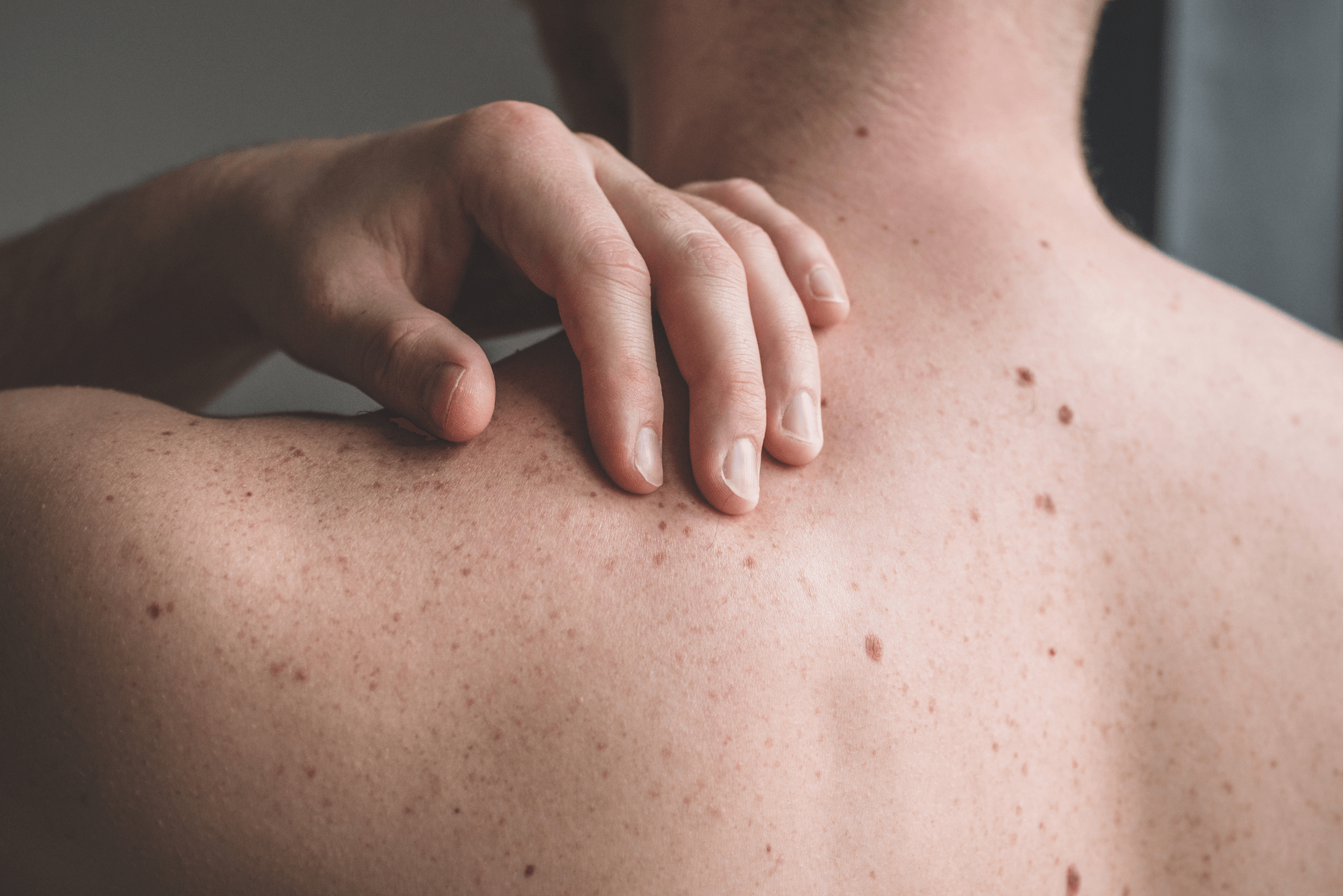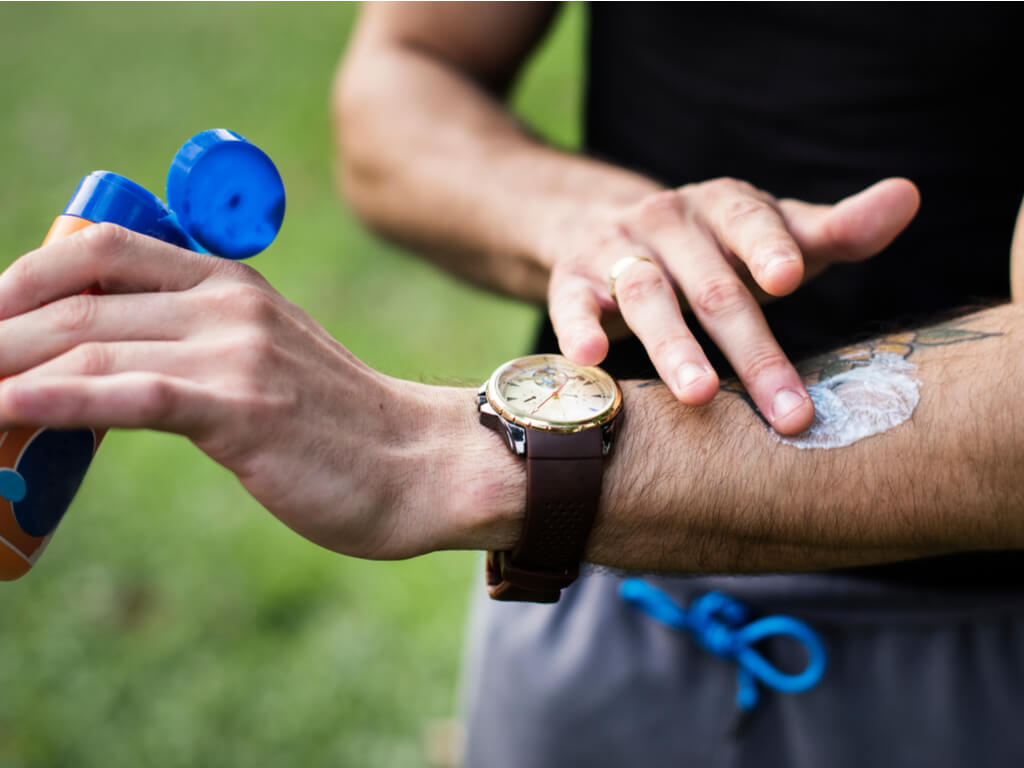If you’ve been using Over-the-Counter (OTC) skincare products since for years, you’re certainly not alone. All over the country, millions of Americans continue to invest large sums of money and energy in search of the perfect skincare regimen to fight acne, remove dark spots and scarring, and keep their skin looking younger and healthier.
Throughout this search, it’s likely you’ve accumulated a fair assortment of skincare products—from face lotions and anti-aging serums to eye creams and more – that have overtaken your bathroom! But do any of these skincare products really work? Do they leave your skin healthier? Are you satisfied with your skin’s appearance, or do you find yourself back in line at your local cosmetic store looking for a better alternative?
When the topic of medical-grade skincare products arises, there’s many misconceptions that often prevent men and women from making the switch, including, but not limited to,
- Medical-grade products are too expensive
- All medical-grade products require an Rx
- Only older patients need medical-grade products to improve their complexion
The reality is medical-grade products add more value to your skincare routine and help you spend less time searching for products (that end up not working) and more time treating your underlining skin condition. While many medical-grade products require a prescription, most products are available for sale at your local dermatology clinic. When you schedule a consultation with Tennessee Telederm, you’ll meet with Kristen Stirling, a Dermatology Nurse Practitioner, who will assess your skin concerns, review your goals, and guide you to the best products for your skin type. In addition, medical-grade products are ideal for any age group, and the earlier you start incorporating them into your daily routine, the greater chance you have to prevent early signs of aging and protect your skin against future damage.
To help you decide whether or not to make the switch, here’s a brief comparison on OTC skin care vs. medical grade.
Although you may think your skin is getting all the essential ingredients it needs to maintain (or restore) a healthy, younger looking complexion, the truth is OTC skincare products are highly ineffective when compared to medical-grade skincare products. Why the discrepancy? For one thing, OTC products are required by law to reduce the amount of active ingredients in its formula. When you see product labels that claim to be “clinically proven” or “dermatologist recommended”, this only means the product contains a small portion of active ingredients so that it won’t harm your skin, if not used as directed. And what this alludes to is your skincare products are far too weak to treat your individual skin condition and enhance your skin’s natural beauty.
In contrast, medical-grade skincare products are thoroughly researched, repeatedly tested, provider supervised, and FDA-cleared for patient use. Why? Because they contain a higher level of active ingredients; therefore, they must first undergo a thorough examination to ensure safety and efficacy for your skin. Another great feature of medical-grade products that work in your skin’s favor is they offer a better delivery system to help penetrate the skin, allowing the ingredients to delve deeper and treat the core issue of your skin condition, whereas OTC products can only treat the skin’s surface.
Customizable for Your Unique Skin Type: Every skin type is unique, which means the acne treatment gel or face wash that works for your friend may not be as effective in treating you for the same condition. And depending on your skin’s sensitivity, it may cause unwanted side effects, such as dryness or skin irritation that can damage your skin. With medical-grade skin care, a dermatology specialist will work with you to provide a customized treatment plan to accurately address your individual skin condition, saving you time and money in the long run. In addition, the specialist will work with you to adjust the treatment plan if necessary to ensure you’re receiving the right products or if you decide to change your skincare goals. You benefit by having a licensed professional you can trust working with you and guiding you to the best care for your skin.
You Get What You Pay For: In your quest to find the best skin care regimen, it’s easy to waste a lot of time (not to mention money) on products that don’t help you achieve your skincare goals. Although medical-grade skincare products cost more than the average OTC product, the investment will save you in the end. Think back to our earlier example of a bathroom cabinet filled with various products to treat a variety of skin issues (e.g. crow’s feet, oily skin, acne, etc.). When you add all those products together, it may surprise you of how much you’re already investing in skincare products. Now, imagine having one or more products in your cabinet that actively work to treat your skin and also provide fast results. You may discover that investing a little more money into a quality product now can actually save you money later.
Your Skin Will Thank You: As the body’s largest organ, our skin is exposed to toxins, pollutants, chemicals, and UV rays on a regular basis. So, to give it the best care possible, you need the best skincare products on the market. Think of medical-grade products as a long-term solution for your skin’s health and wellness. Because higher doses of ingredients are working at a much deeper skin layer, you can expect better results in less time, and the longer you use it, the less likely you are to need cosmetic treatments to correct a skin condition as you get older.
Ready to dump the old skincare routine? To learn more about medical-grade skincare products and how they work to treat your individual skin condition, contact Tennessee Telederm at tntelederm.com.





